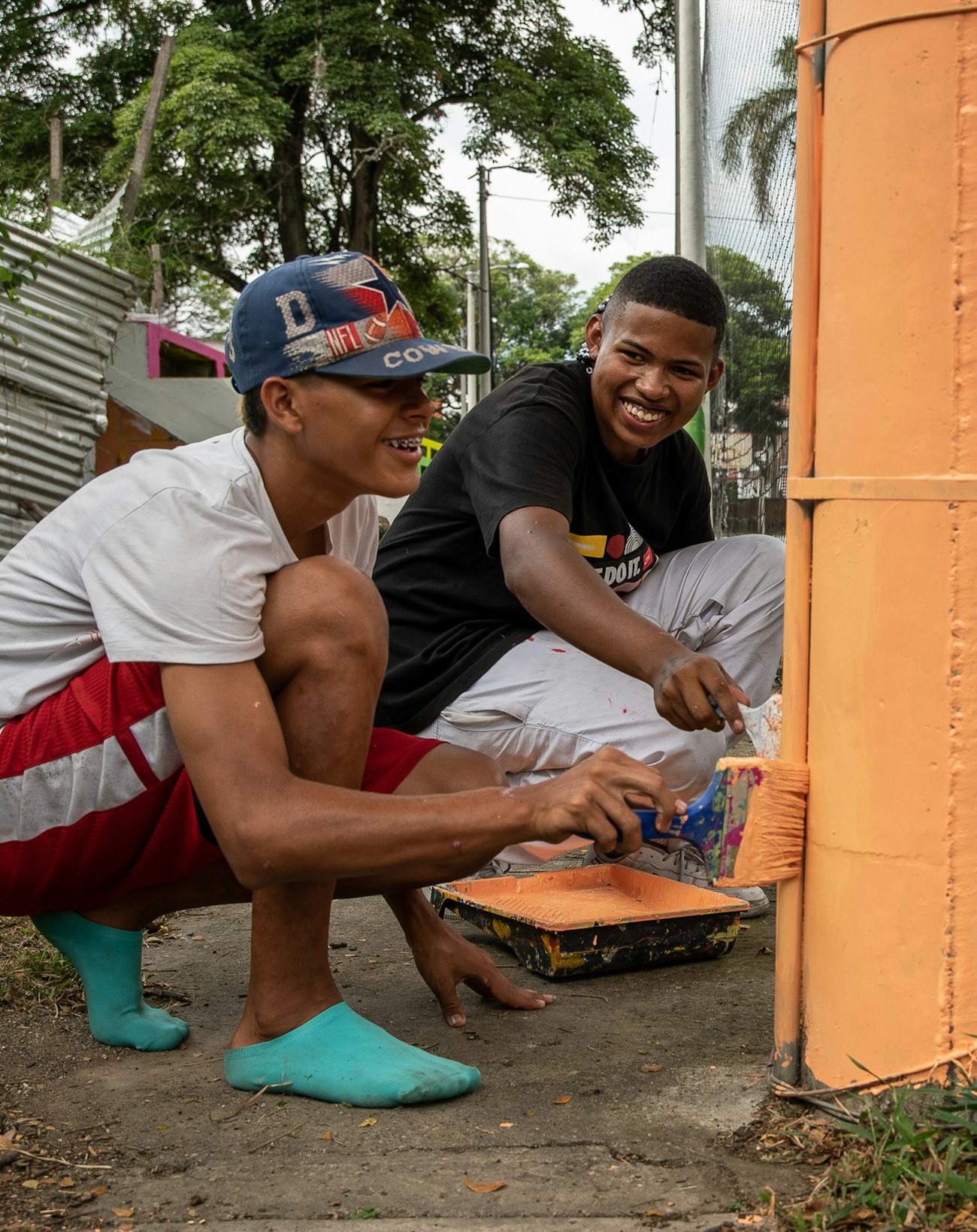The Open Society Foundations work to build vibrant and inclusive democracies whose governments are accountable to their people.
Learn more about who we are
Every year, the Open Society Foundations give grants to a diverse array of groups and individuals who promote our values—through a unique network that is guided by local voices and global expertise.
The Open Society Foundations are active in more than 120 countries around the world, using grant-giving, research, advocacy, impact investment, and strategic litigation to support the growth of inclusive and vibrant democracies.
Where We Work
- Africa
- Asia Pacific
- Europe and Central Asia
- Latin America and the Caribbean
- Middle East and North Africa
- United States
Latin America and the Caribbean
In Latin America and the Caribbean, the Open Society Foundations seek to bolster democratic change by transforming growing public concern about inequality, corruption, violence, and the climate crisis into powerful initiatives and alliances to build an open and safe society.
Learn more

George Soros is the founder of the Open Society Foundations. He has given away more than $32 billion of his personal fortune to fund the Open Society Foundations’ work around the world.
Learn more about George Soros